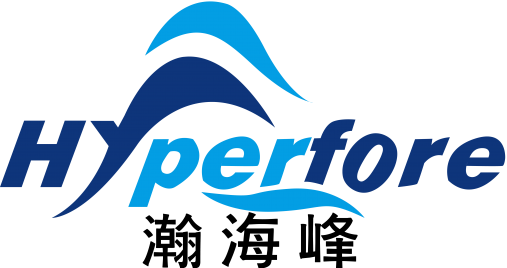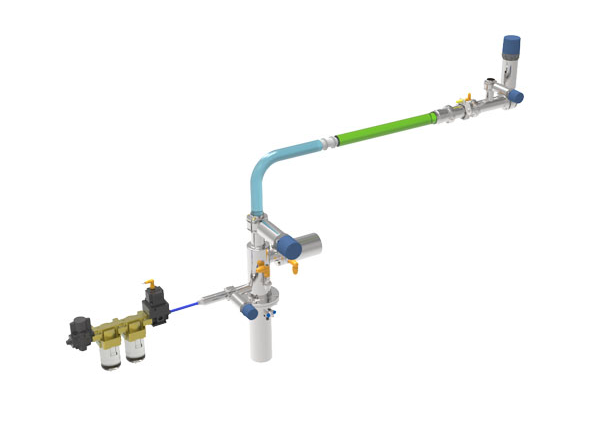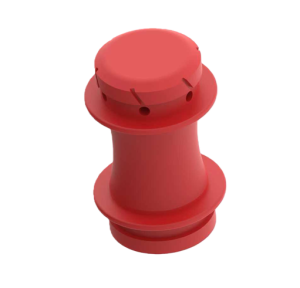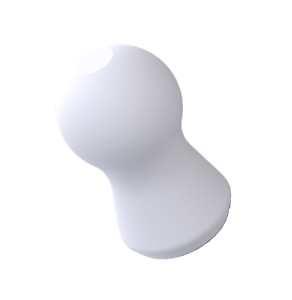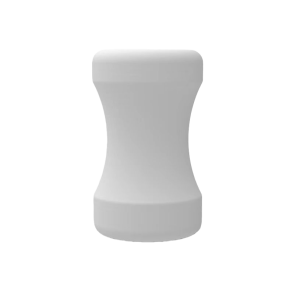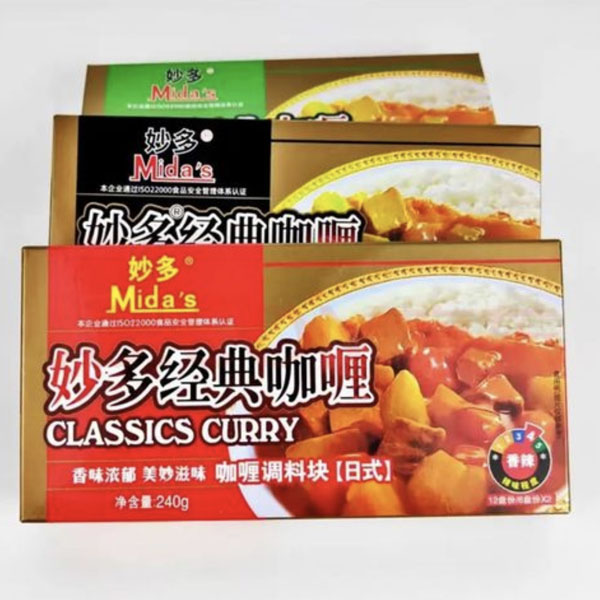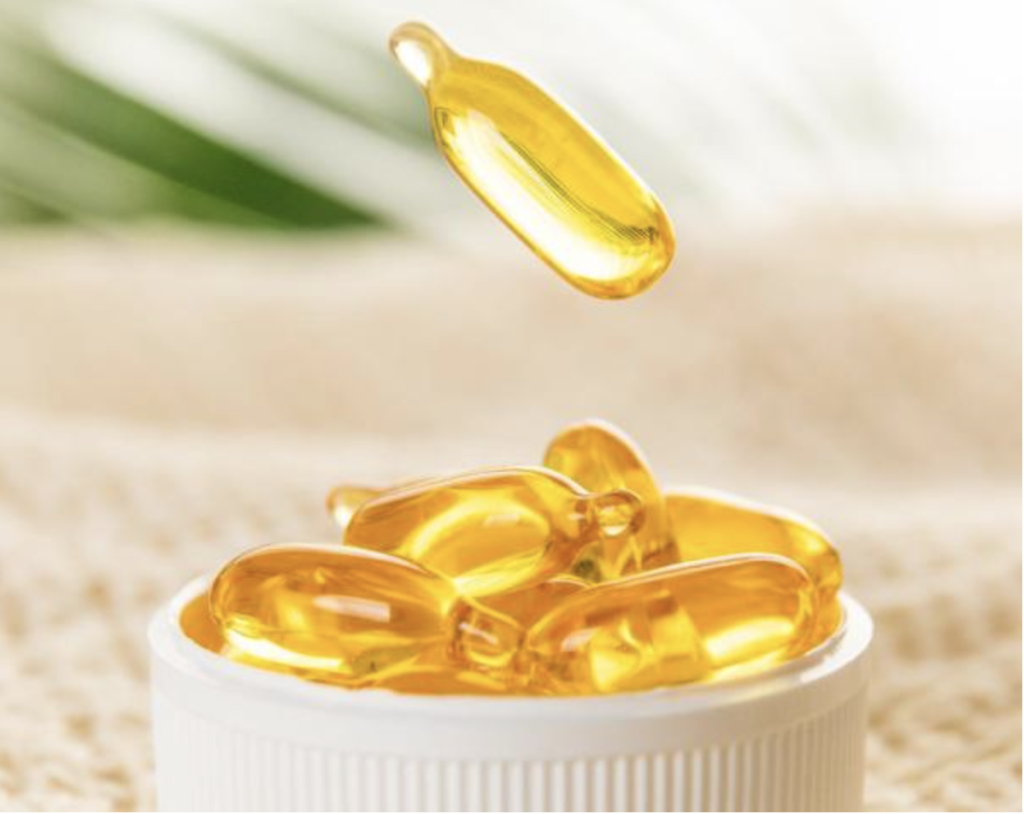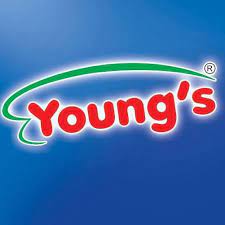What Is Pigging
and How Pigging Works?
Table of Contents
What Is Pigging?
Pigging refers to using pigging system (or product recovery system) to recover valuable liquid products or powder medium inside the pipelines in the workshop in different industries.
Why Do We Need Pigging?
Pigging has been widely applied across diverse industries, including: diary, beverage, chocolate, pharmaceuticals, sauce, pet food, meat paste, chemicals, lithium battery slurry, painting, powders.
Typically in a plant, the liquid transfer process is as the following: the liquid product with high viscosity (such as syrup) is pumped into the pipes by rotor pumps or screw pump, and less sticky liquid product (such as water, milk) is pumped by centrifugal pump. The pumping process mains to move the liquid product from the original tanks to the destination tanks.
But there are two main reasons that make the pump unable to finish the transfer work thouroughly. On one hand, the liquid at the pump outlet can be pushed when there is a continuous flow of liquid behind it, but when the pump sucks in air, the liquid at the outlet can’t be pushed into the pipes further more. On the other hand, some liquid medium or products are very sticky, they may stick to the pipe inner walls. As a result, there always be some liquid products remained inside the pipes, and that is why pigging process is used.
Hyperfore pigging systems are used to clear the residue liquid product attached to the interior pipe walls, pushing it to the destination tanks, reducing waste and enhancing productivity.
How Pigging Works/The Process of Pigging
When the pipeline is transporting liquid medium for production, the pigging system doesn’t work. It starts working after production, when there are plenty of residue product left in pipe.
Pigging systems can be operated manually or automatedly. We recommend automatic operation, because it is more efficient and effective. In an automated cycle, the pig is in the launching station initially. It is introduced into the main line entrance automatically by the launcher, and then travels along the pipe, driven by force generated from the compressed air sauce. As the pig traverses the line, it effectively scrapes off the residue product adhering to the pipe wall, and pushes it to the destination tank for filling or production use. The product recovery process concludes when the pig successfully arrives at the receiving station. And the pig can automatically return to the launching station for CIP or next pigging cycle.
What Are the Benefits of Pigging?
Hyperfore pigging process help reduce product waste, recover almost over 95% of the residue liquid in the lines, and enhance productivity.
The pigging process is typically controlled by automation system. As we all know, automation operation can raise efficiency, make the product recovery process faster, minimize human errors happen, so the production efficiency is improved.
The pigging process can save a lot of money. Before using a pigging system, all the residue product inside the lines is wasted. After one production cycle, the pipelines have to be cleaned thoroughly for the next cycle. Then the question comes, how to clean the pipes? The answer is using CIP: the manufacturers have to use plenty of cleaning detergent and water to flush the residue product away. The CIP cost is very high. After pigging process is applied, the residue products in the pipes are largely reduced, CIP cost drops significantly.
Using pigging process, the cross-contamination risks are largely reduced, product quality is well guaranteed.
Sewage discharge is always harmfully for the environment. After the pigging process is applied, less cleaning agent is used, less polluted waste water is generated. Meanwhile, water is always precious source for the world, the pigging process is eco-friendly.
Hyperfore Pigging Turnkey Engineering Services
What Components Does a Hyperfore Pigging System Consist of?
A Hyperfore pigging system typically consists of a launching station, a receiving station, one pig or two pigs, and necessary piggable products, depending on the operation process. The following is an introduction of our primary pigging components.
Also called launcher, it is the housing of the pig and also the position where the pig is launched like a projectile into the pipe to do the pigging task. Hyperfore launcher is made of stainless steel 316L with cavity structure, it can contact the food product and other similar medium without causing pollution. And it is ultra-low retention.
Hyperfore receiving station is also made of SS316L, a kind of material that can be in direct contact with the food and pharmaceuticals product. The receiving station is a device that can intercept and secure the pig when it finishes the pigging process. It is normally installed before the destination tank or filling machine. And from the receiver, the pig can return to the launcher again.
Same as the literal meaning, Hyperfore automatic stopper is to intercept and secure the pig at the designated position within the pipeline. The receiver and the stopper are different. If the pig is intercepted by the receiver, it can’t proceed any further. But, if the pig arrives at the stopping station, it can either stop, or move forward to the next spot. Hyperfore automatic pig stopper is suited for multiple destination applications.It is typically installed along the main pigging pipeline, where there are several bypass pipelines leading to individual tanks for product recovery.
The pipeline pigs are most important components of the pigging system. Hyperfore sanitary pig is a small elastic projectile made of food grade material, like VMQ, EPDM, FKM, etc. We have several kinds of pigs, such as one-piece pig and lip-pig, applicable to different products and industries.
It is very important for the pig (Hyperfore pig is bi-directional pigs.)to keep running at an constant speed along the pipe. If the pig speed is too fast, it may hit on somewhere, and cause self-damage. Hyperfore pig speed controller is designed to control the pig speed by regulating the air pressure or air flow volume that drives the pig to move constantly in the pipeline.
An automated pigging system is controlled by PLC, premium the automation software and electrical control cabinet is a gurarantee for the system quality and safety. Hyperfore developed our own pigging system automation software, we has accumulated over 20 years’ experience in automation system design and Electrical panel manufacture.
Hyperfore piggable products portfolio includes the piggable Tee, piggable elbows, piggable clamp, piggable flange,and more.
Frequently Asked Questions
Pigging System Case Study
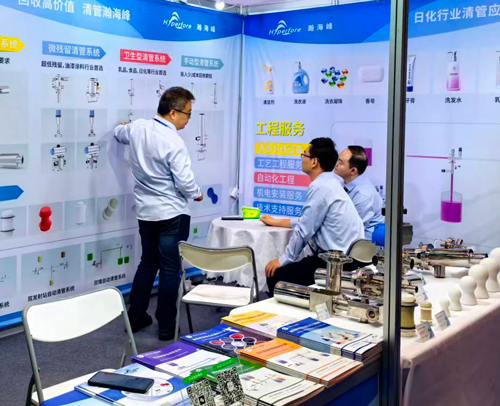
Hello,
I’m Richard Gan, General Manager at Beijing Hyperfore Technology Company Ltd.
Since our founding in 2005, we have accumulated almost 10 years of focused experience in the Chinese market, specializing in the design and delivery of advanced sanitary pigging systems and integrated solutions.
If you have any questions, please feel free to contact us. We are pleased to provide you best products and services.
Email: wenbo.gan@hyperfore.cn WeChat: hyperfore2005
WhatsApp: +86 18910216756
